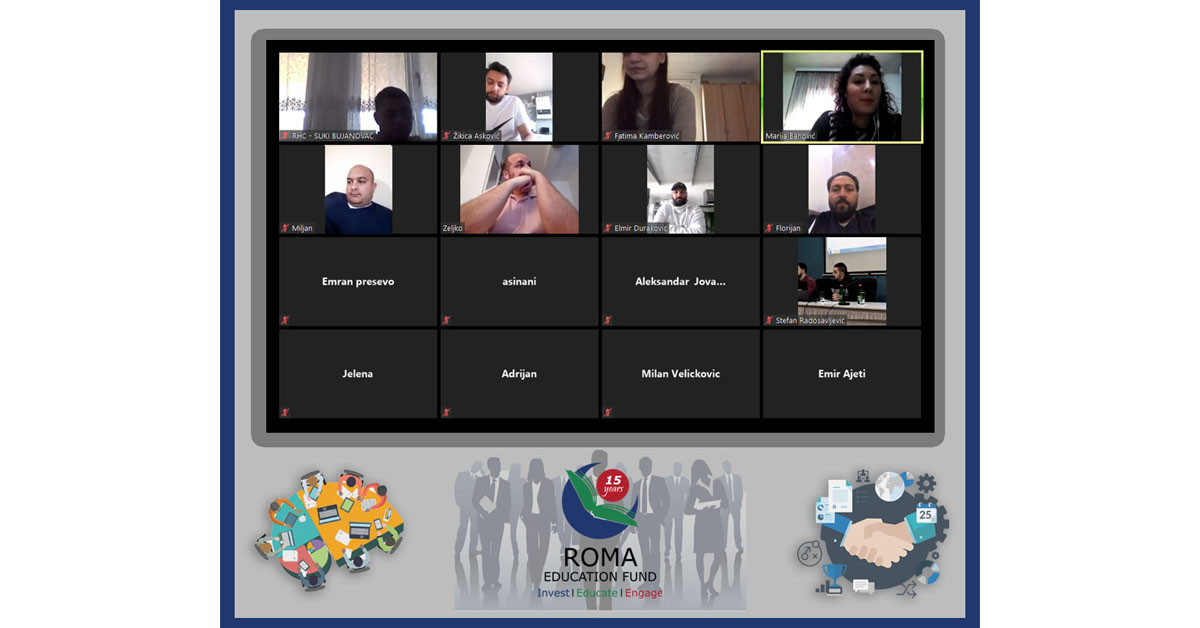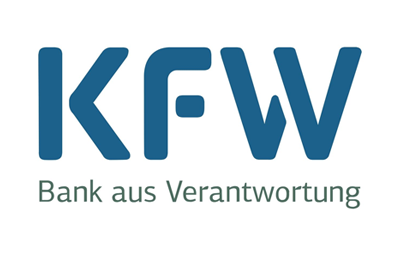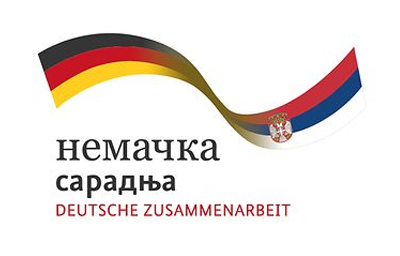
An online meeting was organized with entrepreneurs and lawyers on “Challenges that Roma entrepreneurs face during state of emergency”.
Entrepreneurs, with whom cooperation was established within the project “Employment Empowerment of young Roma – phase 2″, were informed about the Program of economic measures aiming to reduce negative effects caused by pandemic of COVID-19.
Lawyers, former beneficiaries of the project ” Employment Empowerment of young Roma – phase 2″, explained all four groups of economic measures, as well as their conditions.
- Tax policy measures:
- Payment of taxes on salaries and contributions for private sector postponed during the state of emergency, with subsequent repayment of this obligation in installments, starting from 2021;
- Payment of income tax advances postponed for second quarter of 2020;
- Donors exempt from obligation to pay VAT.
- Direct assistance to private sector:
- Direct assistance for entrepreneurs who are taxed at a flat rate and who pay taxes on real income, for micro, small and medium enterprises in private sector – payment of assistance in the amount of the minimum wage for 900 thousand employees;
- Direct assistance for large enterprises in private sector – payment of assistance for employees whose termination of work determined based on a decision, in the amount of 50% of the net minimum wage (Articles 116 and 117 of the Labor Law).
- Liquidity preservation measures:
- Program of financial support to economy of the Development Fund for entrepreneurs, micro, small and medium enterprises, agricultural farms and cooperatives – 200 million euros;
- Guarantee scheme to support the economy in the conditions of the COVID-19 crisis for loans to maintain liquidity and working capital for entrepreneurs, micro, small and medium enterprises, agricultural farms, and through commercial banks.
- Direct assistance for citizens – the amount of 100 euros for all adult citizens
These measures apply to all economic entities except those that have:
- Reduced the number of employees by more than 10% during the state of emergency (excluding fixed-term employees whose contract expired during the state of emergency);
- Temporarily suspended businesses before declared state of emergency, i.e. before March 15th, 2020

